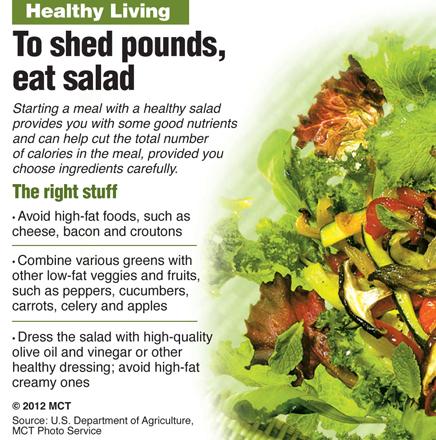You are here
Jordan’s obesity ranking sounds clarion call for action
By Bahaa Al Deen Al Nawas - Oct 10,2019 - Last updated at Oct 10,2019
AMMAN — Jordan ranked 2nd in the region behind Kuwait in the World Population Review website's 2019 categorisation of the most obese countries in the world, published in early October.
The obesity rate in Jordan stands at 35.5 per cent, according to the website, while in Kuwait it is 37.9 per cent. The least obese Arab countries, according to the index, are Sudan, Somalia, Mauritania, Djibouti and Yemen.
"As you can notice in the report, the most obese Arab countries are Kuwait, Jordan, Saudi Arabia and Qatar, and these countries share similar local dishes, especially in regards to the amount of fats and oils involved in their making," Clinical Dietician Nader Al Sunna told The Jordan Times on Thursday over the phone.
Al Sunna said that food, whether junk or local cuisine, is the main factor behind obesity in Middle Eastern countries in particular, followed by the lack of a healthy lifestyle as well as long working hours, which prevent many from exercising, even if they have the desire to do so.
"The terrain and layout of the Kingdom also is not suitable for activities such as walking or running; there aren’t many parks, streets or sidewalks made for the specific purpose," Al Sunna said.
He cautioned against misconceptions in resolving this issue, noting that people tend to resort to random diets or barely eat in an attempt to lose weight.
Regarding diet trends, in the region, he said: “One needs to be supervised by an expert before following any sort of diet."
The dietician mentioned that besides food intake, other medical factors could play a role in obesity.
Amal Damra, paediatric and newborn consultant, said that in regards to obesity in children, she noticed that active lifestyles are almost nonexistent, with “mothers relying on junk food for 70 or 80 per cent of their children’s diets”.
"The mothers I usually meet with have barely any awareness of the importance of feeding their children fruits and vegetables, relying a lot on fats and carbohydrates, with the lowest risk factor being genetics in this case," Damra said.
She advises parents to reduce the time their children spend on devices, as many children watch videos on their iPads and tablets while snacking continuously, and suggests instead that parents enrol them in gyms and sports centres.
"As for junk food, they should not reduce it all at once but gradually, once a week then once every two weeks until it becomes preferably once a month," Damra added.
Related Articles
AMMAN — Changing daily habits and lifestyles have contributed to an increasing percentage of obesity in the Kingdom, specialists have agreed
AMMAN — Around 4 million people in Jordan suffer from obesity, and around 2 million have diabetes, while almost half the population over 25
PARIS — A health study came to the defence of certain dietary fats on Tuesday, adding fuel to a scientific row over low-fat guidelines that

















